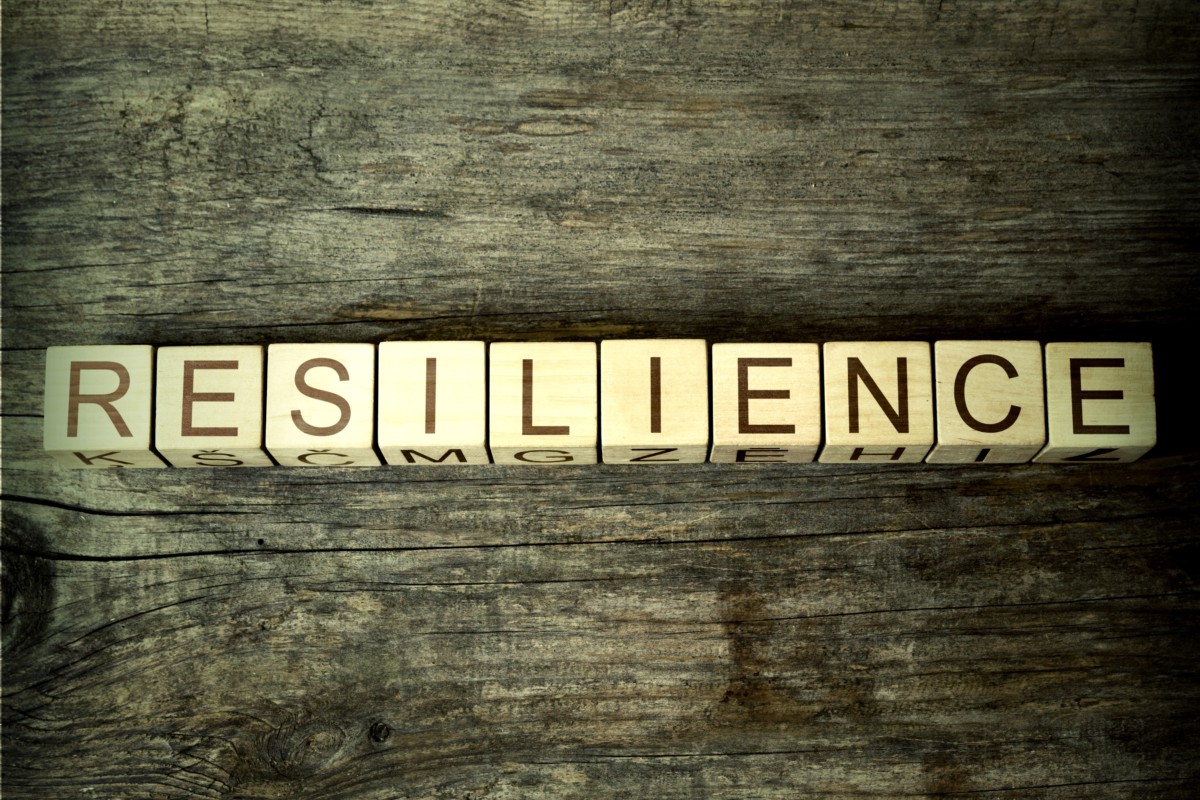According to the English dictionary, resilience means the capacity to recover quickly from difficulties – a form of toughness. Many of us have experienced trauma that has completely blindsided us. But yet, you’re reading this. Somehow you were able to find resilience and move on. Now, some of you may think, well, I didn’t really move on, life just happened. The reality is, there is a part of you that found the ability to live beyond the moment and turn a stumbling block and find your way around it, creating forward movement.
On LIFEOLOGY® Radio, I’ve talked about radical acceptance. Radical acceptance means you look at the current facts, it doesn’t mean you have an emotional opinion about it, but you look at the facts as they are today. Removing the emotional pain of the situation helps you say, “Okay, what am I going to do now?” Asking this doesn’t mean you approve of the situation, or it lets somebody off the hook or that everything is fine. It simply means these are the facts today. You can either live in the memory of what was lost, or you can start to create a foundation for tomorrow’s life.
In psychology, we talk about optimism. Optimism is one of the most powerful ways to find your resilience. Optimism means you find hope in every situation. Now, it doesn’t mean that when you’re in a crisis all of a sudden, you can say, “Oh well, this is what I’m going to do,” or “It’s not so bad.” The reality is, traumatic events are very painful. However, when you use radical acceptance, it allows you to have future thinking as opposed to past tense thinking of what you lost.
When you are in a crisis, it’s easy, and understandable, to get lost in “what was” and get stuck. “What was” will never be again, but “what will be” does not mean it’s terrible, or worse, it’s just different. After the appropriate and healthy time for grief, then you must use optimism and radical acceptance to focus on your future.
The way to move forward is to focus on what you currently can do. When you look at your strengths, capabilities, and all available options, they will help you formulate what the next steps will be. Once again, it doesn’t mean you look at what was lost; you look at what you can do now.
Another excellent tip for finding resilience is asking yourself, “Have I felt this way before? When have I felt so overwhelmed before? When have I felt so much despair, been lost, or felt hopeless?” It doesn’t mean that the situations are the same, but you’ve felt those types of emotions before. When you think back on those previous times, what did you do to help yourself get through it? Or, what did you do that did not help you move on? This information is key and will help you navigate your future.
Life happens, but you decide how your future will be.
This article is linked with the Episode Resilience after Crisis | Cindy Kolbe
#resilience #perspective #motivation #inspire #healing #jamesmillerlifeology LIFEOLOGY®


 We all get overwhelmed and sometimes don’t know what to do. LIFE LESSONS is your new “go-to” book to help you navigate life.
We all get overwhelmed and sometimes don’t know what to do. LIFE LESSONS is your new “go-to” book to help you navigate life.